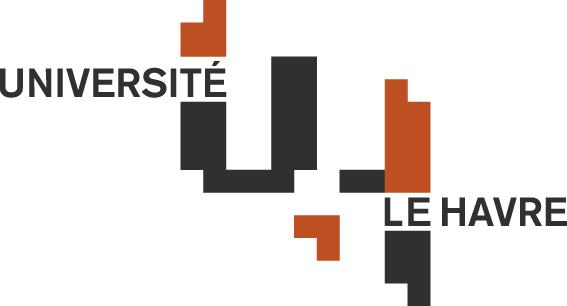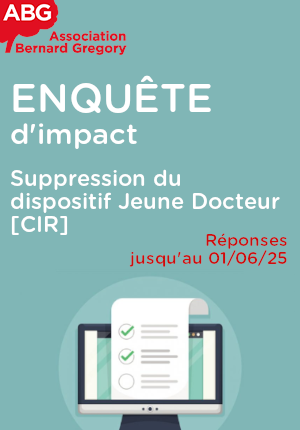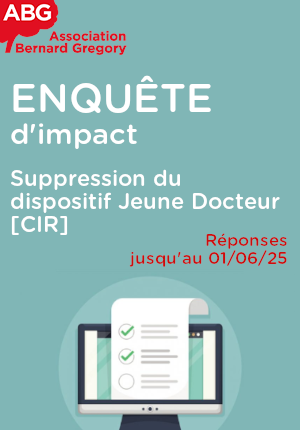Impact of endocrine disruptors such as AhR activators, on thymus and the regulation of T cell differentiation in mammal and teleost fish: an evolutionary and ecotoxicolog
| ABG-131585 | Thesis topic | |
| 2025-04-29 | Public funding alone (i.e. government, region, European, international organization research grant) |

- Health, human and veterinary medicine
- Ecology, environment
Topic description
We seek a highly motivated PhD candidate with a good knowledge of cell biology and immunology. The successful candidate will work at UMR I02 SEBIO, University Le Havre Normandy, France and at the UMRS 974 SU-INSERM, Paris, France. The project aims at elucidating the impact of endocrine disruptor molecules that bind to the Aryl hydrocarbon receptor (AhR) in the thymus. The project will be directed by Dr. Tiphaine Monsinjon in close collaboration with Dr. Nadine Dragin.
Background
Endocrine disruption has raised major health concerns for decades. Endocrine disruptors can affect several physiological processes by interfering with hormonal signaling. This does not concern reproductive functions only, but other aspects of
physiology, such as the immune response or energy metabolism. Different physiological functions are linked via hormonal signaling with which environmental chemicals can interfere, thereby disrupting the cross-talk between different physiological sub-systems. This project aims to assess the role of endocrine disruptors such as TCDD or PAHs on the thymus, the organ responsible to the set up the adaptative immunity. This allows for the assessment of overall immunocompetence. To this end, we propose a comparative evolutionary approach across two evolutionarily distant taxa, i.e., fish and mouse, from which results can be extrapolated to other species, including humans. Endocrine disruptors are known to affect the thymus and, hence, adaptive immunity with long-term consequences for adult immunocompetence, health, and fitness. Indeed, published data consistently indicate immunosuppressive actions of xenobiotic AhR ligands, notwithstanding the diversity of species and experimental conditions studied. These effects are often associated with increased disease susceptibility. For example, fish populations from contaminated environments may suffer from immune disorders and increased disease prevalence, highlighting that the immunotoxic effects of AhR-activating
xenobiotics have environmental relevance.
Work hypothesis
It is hypothesized that endocrine disrupting molecules that bind to AhR will affect thymic architecture, i.e., thymic epithelial cell homeostasis, thus altering thymic structure. Because thymic functionality is intimately linked to structure, we further hypothesize that disruption of normal thymus development will have long-term consequences on adult health. Given that the thymus is a highly conserved primary immune organ, it is assumed that adaptive immunity will be compromised in both model species BALB/c mouse and the European seabass, Dicentrarchus labrax). Particularly, we will decipher the signaling pathways by which endocrine disruptors modulate thymus development and identify the developmental stages that are the most sensitive and vulnerable as well as the most the concentrations that are most effective. Furthermore, it will be investigated whether the changes in the thymic architecture lead to decreased immunocompetence of fish and, therefore, increased disease susceptibility.
Starting date
Funding category
Funding further details
Presentation of host institution and host laboratory
The Environmental Stress and Aquatic Biomonitoring joint research unit (UMR-I 02 SEBIO) conducts research in the field of aquatic ecotoxicology focussing on the effects of pollution and environmental stresses. SEBIO is a multi-site unit based at on the sites of the University of Reims Champagne-Ardenne (URCA), the University of Le Havre Normandy (ULHN) and INERIS in Verneuil-en-Halatte.
Within SEBIO scientific and technical skills dedicated to understanding the effects of contaminants on aquatic organisms are shared The UMR's work covers a continuum of water bodies, from continental aquatic ecosystems to estuarine and coastal transition waters. SEBIO is also involved in many collaborations en research projects with other research institutions, such as the Center of Research in Myology - UMRS974 SU-INSERM.
PhD title
Country where you obtained your PhD
Institution awarding doctoral degree
Graduate school
Candidate's profile
The candidate must hold a master degree or equivalent. Skills in laboratory work (seriousness, rigor, personal involvement), as well as intellectual curiosity and a critical mind are expected. Mobility is required as the candidate will carry out experiments in both institutions.
Vous avez déjà un compte ?
Nouvel utilisateur ?
Get ABG’s monthly newsletters including news, job offers, grants & fellowships and a selection of relevant events…
Discover our members
 Généthon
Généthon  Tecknowmetrix
Tecknowmetrix  ONERA - The French Aerospace Lab
ONERA - The French Aerospace Lab  ASNR - Autorité de sûreté nucléaire et de radioprotection - Siège
ASNR - Autorité de sûreté nucléaire et de radioprotection - Siège  PhDOOC
PhDOOC  CESI
CESI  ADEME
ADEME  CASDEN
CASDEN  SUEZ
SUEZ  TotalEnergies
TotalEnergies  Nokia Bell Labs France
Nokia Bell Labs France  MabDesign
MabDesign  ANRT
ANRT  Aérocentre, Pôle d'excellence régional
Aérocentre, Pôle d'excellence régional  Ifremer
Ifremer  Groupe AFNOR - Association française de normalisation
Groupe AFNOR - Association française de normalisation  Laboratoire National de Métrologie et d'Essais - LNE
Laboratoire National de Métrologie et d'Essais - LNE  Institut Sup'biotech de Paris
Institut Sup'biotech de Paris  MabDesign
MabDesign







